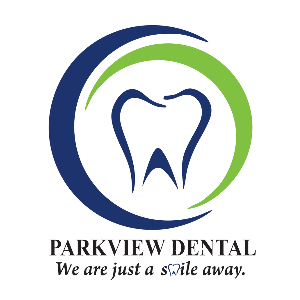Bad breath, medically known as halitosis is a condition where an individual’s mouth produces an unpleasant odour persistently.
The bad breath condition can hurt your confidence and personality. It is important to note that although the condition is common, it can be treated.
What commonly causes bad breath?
1. Poor Oral Hygiene Care: Failure to properly clean your teeth and your whole mouth regularly often leaves food particles in your mouth. Eventually, a sticky buildup of bacteria (also known as plaque) forms on your teeth creating a breeding ground for sulfur-producing activity thus the bad breath. In some patients, tonsils too trap food particles and bacteria in the mouth which produce an unpleasant mouth odour.
2. Dental Issues: Cavities and deeper gum pockets from gum disease accommodate bad breath causing bacteria in your mouth. These bacteria are difficult to remove with mere brushing or flossing but a visit to your dentist can help you out just in a day.
3. Diet: Eating certain foods e.g., garlic, and onions can affect the odour of your breath. Some of these foods release components into the bloodstream and are then carried to the lungs, where they affect the odour of your breath each time you exhale.
A diet high in sugar could also be the culprit for halitosis. This is due to how sugars interact with the existing bacteria in your mouth.
Coffee drinking also has an impact on your breath. Besides its flavour, the caffeine in coffee leads to a decline in saliva production resulting in an increase in odour-producing bacteria.
4. Underlying Medical Conditions: In some instances, producing an unpleasant odour can be a symptom of other diseases or illnesses. It could be a warning that one could be having respiratory and tonsil infections, sinus problems, diabetes, liver and kidney issues, or certain blood disorders. Visiting your dentist regularly can help detect any non-dental related cause of bad breath.
Need more? Book an appointment to consult with one of our specialists


Leave a Reply